Anita Page in Under Eighteen (1932)
 Under Eighteen tells the story of Margie Evans (Marian Marsh), a young seamstress struggling through the effects of the Depression and tempted to emulate the “smart girls” who use their feminine wiles to snag the finer things in life. As the film opens, Margie is helping to prepare her older sister, Sophie (Anita Page), for her wedding to a billiards champion who has purchased a pool hall with his recent winnings. “Yesterday when he said Atlantic City for the honeymoon, I almost fell over,” Sophie marvels. “Oh, that boy’s sure out to treat me grand!”
Under Eighteen tells the story of Margie Evans (Marian Marsh), a young seamstress struggling through the effects of the Depression and tempted to emulate the “smart girls” who use their feminine wiles to snag the finer things in life. As the film opens, Margie is helping to prepare her older sister, Sophie (Anita Page), for her wedding to a billiards champion who has purchased a pool hall with his recent winnings. “Yesterday when he said Atlantic City for the honeymoon, I almost fell over,” Sophie marvels. “Oh, that boy’s sure out to treat me grand!”
But just two years later, we see that Sophie is not enjoying the “grand” life that she’d envisioned. And here’s where the film offers up a pair of scenes that I’ve watched over and over, marveling at the dialogue and the performance turned in by Anita Page.
In the first scene, Sophie and her husband, Alf (Norman Foster), arrive on the doorstep of the tiny slum apartment occupied by Margie and her mother – with their baby, one suitcase, and Alf’s pool cue and trophies in tow. While Alf blithely indicates that they have “given Newark the air,” Sophie doesn’t waste time in setting the record straight: “We might as well tell you the truth. Can you put up a bum and his family for a couple of nights?” she asks her mother. As Alf attempts to tell a tale filled with nonchalant justifications, Sophie stalks about the room, seething, compelled to interrupt him at every turn to reveal the reality of their plight. When Alf insists that he has decided to “let the pool hall go,” Sophie interjects, “Yeah – to the sheriff!” She shares that Alf has been unable to land a job and that the couple was kicked out of their home, adding that he could have found work at a local soda fountain owned by a Greek immigrant in their neighborhood. “The poor Greek thinks he’s funny,” Sophie scoffs. “Hmph! So do I!”
Margie puts a stop to the fireworks, recommending that they all retire to bed – she suggests that Sophie bunk down with their mother in the sole bedroom, that Alf sleep on the sofa, and that she camp out on the fire escape. “You’ll do no such thing,” Sophie cries. “Stick Alf out there!” When Margie insists, leading Sophie off-screen to the bedroom, we see Alf – who is completely unfazed by his wife’s rancor – preparing to polish his prized trophies. He calls out to his mother-in-law, “You got any silver polish?” And we hear Sophie’s disembodied voice offer: “I’ll find you some if you promise to eat it!” (That line gets me every time – it’s a howler!)
The second of these memorable scenes takes place the next morning; Sophie has awakened early to prepare breakfast. As she sets the table, Alf enters with characteristically jovial greetings for all: he bids good morning to Margie and pats his son on the arm – but when he turns to Sophie with a hearty “Hi, honey!” and leans toward her for a kiss, she shoots him a withering glance that makes him hastily think better of the idea. And she’s just getting started. When the baby begins to coo and Margie asks what he’s saying, Sophie replies, “He’s trying to tell us he’s going to get a job – he wants to be like his father!” Alf, in a rare display of gumption, leaps up, asking, “What are you trying to do – make her think I ain’t gonna pay for us stayin’ here?” And without missing a beat, Sophie tells him sarcastically, “No – I’m not exerting myself to make her think so!” (And Alf promptly takes his seat again.)
Then, when Alf reaches for a pitcher of cream, Sophie grabs it from his grip, pouring most of the liquid on her son’s bowl of cereal, snapping, “I’ll put it where it’ll do the most good!” Alf asks his sister-in-law if there’s any more, and Sophie retorts: “It’s tough luck she can’t afford two boxes of cream and the pleasure of our company at the same meal!” But Sophie has saved her best for last. Having given up on having cream in his coffee, Alf begins to read the morning paper – Sophie snatches it from him and angrily turns to the classifieds: “Listen here, you – I’ll show you the pages we’re interested in. There it is – now read it!” she says, practically shoving the paper back into his hands. “See if there isn’t a bank advertising for a new president. And if you can’t get downtown in time to get that, there’s a choice of a dishwashing job and a car washing job. I’d suggest the dishwashing job – it might give you a chance to show your executive ability!”
And Sophie has one more shot left in her arsenal before this awesome scene comes to a close. After Margie leaves for work, Alf spots an ad and muses aloud that he could buy a new car for three hundred dollars. This comment practically sends Sophie over the edge, as she bangs her hand on the table, jumps to her feet, and bends over Alf for emphasis: “Say, listen here, you – how much longer do you think I’m going to stand for this?” she asks, her voice fairly quivering with fury. “You’ve humiliated me in front of my friends in Newark and you’re not going to do it in front of my family, do you understand? If you insist on starving, you’re gonna starve alone!” Throughout this diatribe, Alf sits in glum silence, with his head resting on his fist, looking for all the world like a pouting child being chastised by his mother.
I’ve lost count of how many times I’ve watched these two scenes – they are endlessly fascinating to me. First off, there’s the depiction of the married couple: Alf is a woefully inadequate provider who lives in a dream world where he’s still the king of the billiards table. Despite the fact that he’s been unemployed for two months, lost his business, and been thrown out of his home, he’s still bragging about his glory days and talking about the new car he’d like to buy – seemingly completely oblivious to his family’s crisis and his own responsibilities. On the other hand, Sophie harbors no illusions – she is not only completely aware of the kind of man she married, but she doesn’t hesitate to make her feelings known, spouting contempt so thick you can practically stir it with a spoon. You fully expect her to sock him in the nose any minute.
I was also mesmerized by Anita Page’s performance. I’ve seen her in a number of roles and always enjoy her films, but her Sophie is my favorite – she’s constantly in motion, slamming dishes or pacing up and down, her eyes flashing as she vehemently spits out her lines. She wasn’t the star of the movie, but she stole every scene in which she appeared. While Under Eighteen features good performances by the entire cast (which includes Regis Toomey, Emma Dunn, and the always entertaining Warren William), Anita Page truly makes this picture for me.
Under Eighteen is available from Warner Archive and airs periodically on Turner Classic Movies. If you get the chance, be sure to check it out.
You only owe it to yourself.





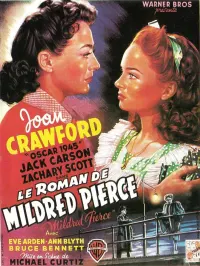





















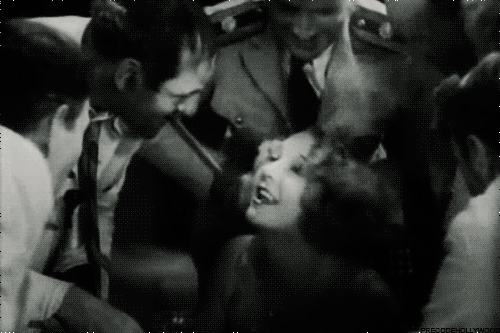


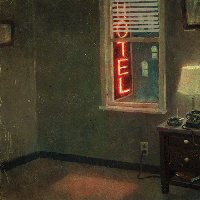




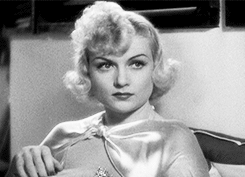

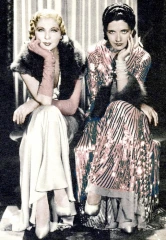





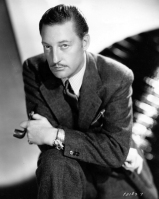




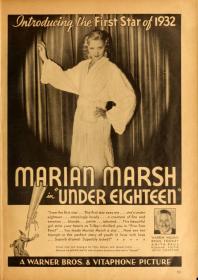
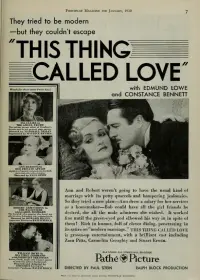

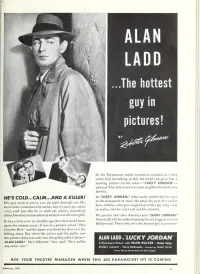
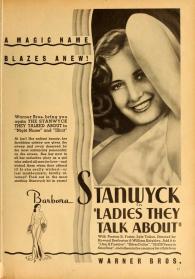

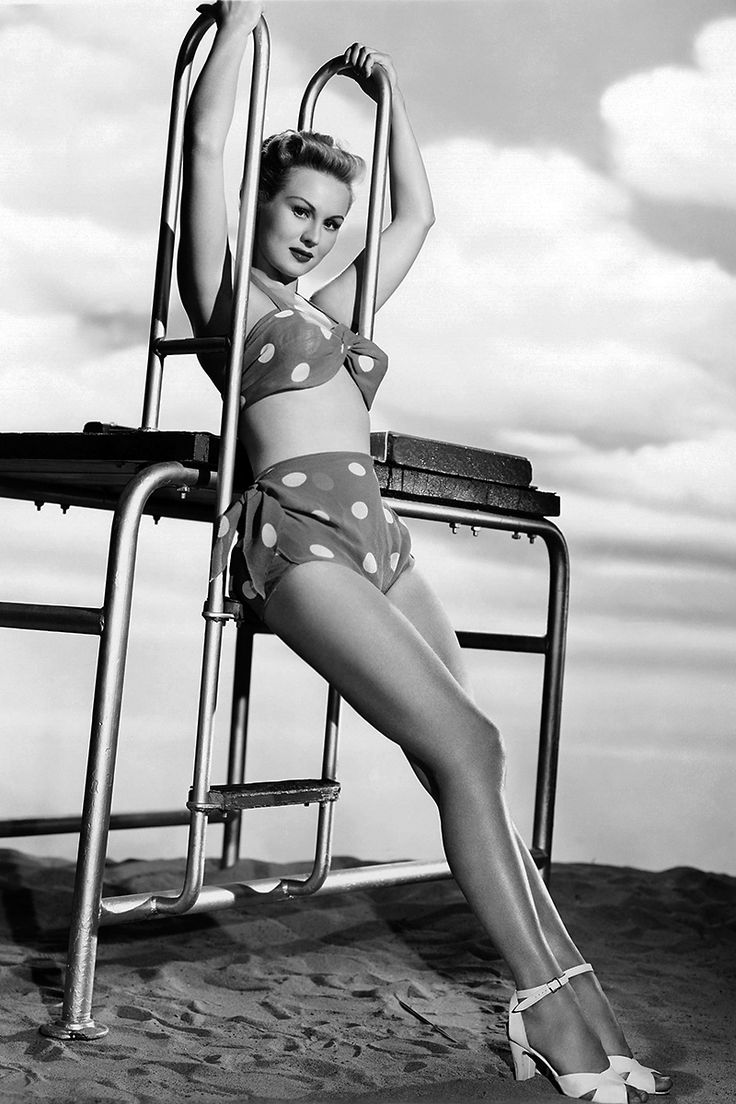







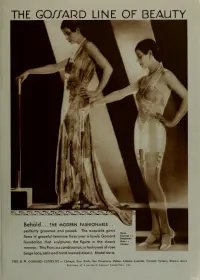

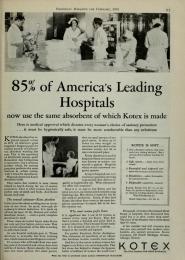

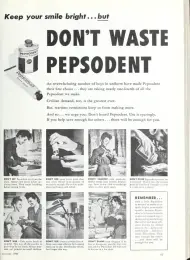


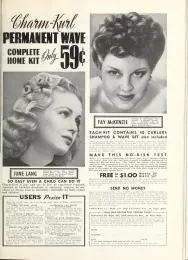





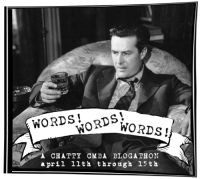

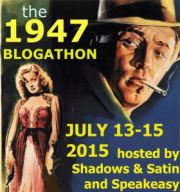
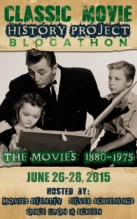
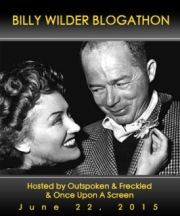





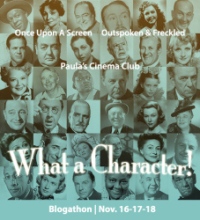



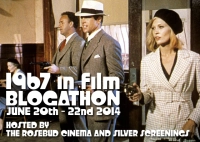


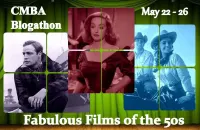
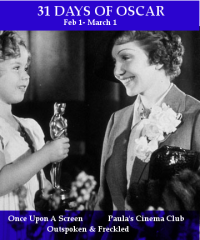








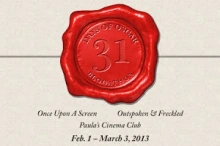










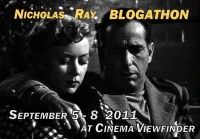

For a woman with such a strong backbone you’d have to wonder how she ended up with such a loser. Youth? Probably…
Alf didn’t seem like such a huge tool in the start of the film — kind of full of himself maybe, but there’s no accounting for taste. I guess Sophie was just blinded by his larger-than-life personality and promises of riches untold. Like you said — youth!
I have only seen Anita Page in “Skyscraper Souls,” she’s gorgeous to say the least. I love films with snappy sharp dialogue and this seems to have plenty. Thanks for bringing this film some attention.
I really hope you get to see Page in this one, John — I think you’ll love her. If you get a chance to check them out, she’s also good in Our Blushing Brides and Night Court. And it’s creaky, but I love watching her performance in Broadway Melody.
Sounds intriguing, thanks to your post. I’ll have to look for this one.
Thanks, Brian! I hope you’re able to check it out. Anita’s performance is something to see!
[…] over at Shadows and Satin was the one who initially turned me onto this movie with her enticing write up. She really dug the […]
Under 18 (1931) « Can't Stop the Movies | Four Friends Vs. Film said this on May 13, 2012 at 4:00 am |
[…] over at Shadows and Satin was the one who initially turned me onto this movie with her enticing write up. She really dug the […]
[…] spouse of Norman Foster and offered up one of my favorite pre-Code scenes (read about it here); Night Court (1932), a rather harrowing feature where Page portrayed a young mother wrongly […]
[…] mother live in a tenement on the Lower East Side of New York. She’s a first-hand witness to the unhappy marriage of her big sister, Sophie (Anita Page), whose unemployed husband is a gambler and a spendthrift, […]
[…] 25 pre-Codes – my favorites include Men Call It Love, with Adolphe Menjou and Leila Hyams (1931), Under 18 (1931), where he was the billiard-playing, ne’er-do-well spouse of Anita Page; Play-Girl (1932) […]